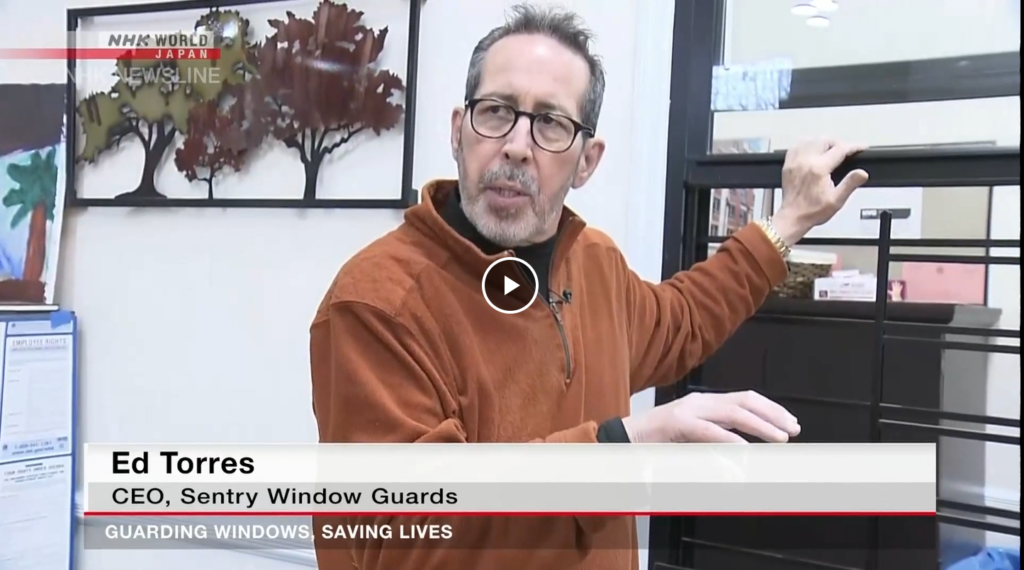During the holidays, many families can be found traveling near and far to be with loved ones. It is the best part of the season! Whether you are traveling for a quick overnight trip or for a longer period of time, it’s important to take steps to make sure everyone stays safe. Take time to protect your family with this checklist:
- Suppress the urge to broadcast your holiday travel plans on social media sites both before and during your trip. While traveling, it is best to inform only those who need to know. There will be plenty of time to share thoughts and photos of your trip after you are safely home.
- Enroll in the Notify NYC alert system, which is New York City’s official source for information about emergency alerts and important city services. You can receive alerts through email, text, telephone, or social media. This will keep you informed about what is going on in your neighborhood while you are traveling.
- If you are staying in a hotel or in another travel venue, make sure the security features like door locks, alarms, and safes are working when you first arrive. Packing a few simple safety items like a small wedge doorstop, safety whistle, and flashlight can also be helpful.
- To ensure the safekeeping of your electronics, wallet, medications, valuables and other travel essentials while traveling by plane, pack them in your carry-on luggage.
- Pack smart with only the necessities. As the saying goes, “after you pack your bag, take 50% of it out!” Carrying around bags that are too heavy or are worn incorrectly can cause injury to muscles and joints. Plus, overloading your vehicle with cargo can put you and others in danger. Make sure your view isn’t obstructed out the back or side windows. Secure any items that may cause harm in an accident.
- Holiday traveling can quickly tire you out. Make frequent stops to rest or just stretch your legs. It’s important to keep your energy level high enough to stay alert. Staying nourished and hydrated will keep you at the top of your game.
- If you are traveling in your personal car, get a tune-up. The last thing you want during your holiday trip is to have problems with your car! While it is important to stay on top of regular car maintenance throughout the year, we strongly recommend a tune-up before a road trip. Be sure the oil, water, tire pressure, tire tread, and lights are checked at a minimum. Check that the registration and insurance of the vehicle are up to date and that you have the correct documents. Make sure you know how to file an insurance claim if necessary.
- Practice safe driving. Buckle everyone up, don’t speed, and be aware of things that might distract you while driving. Did you know driving drowsy is a contributing factor in many accidents every year? Switch off with another adult driver when necessary and get a good night’s sleep prior to your trip.
- Have fun! Part of the fun of any travel is being spontaneous so build some flexibility in your schedule. Of course you will want to plan your final destination and overnight stops, but you should also leave time for spontaneity. If a weird sign or billboard piques your interest, why not see where it leads? Stopping at random places along the way will add to the memories.
At Sentry Window Guards we make it our mission to help keep families safe in New York. For more information regarding our window guard products and our experience and leadership in understanding NYC safety requirements, contact us today!









